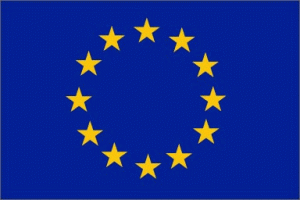 The BBC reports that there are over 100 protests scheduled against the Anticounterfeiting Trade Agreement (ACTA) this week, including coordinated actions on Saturday, February 11.
The BBC reports that there are over 100 protests scheduled against the Anticounterfeiting Trade Agreement (ACTA) this week, including coordinated actions on Saturday, February 11.
To date, over 1.75 million people have signed a petition – ACTA: The New Threat to the Net – on avaaz.org urging EU Members not to ratify ACTA.
These developments follow a series of recent anti-ACTA street protests an online actions that appear to have begun chaning the minds of European leaders.
Last week the Polish Prime Minister Donald Tusk delayed ratification of ACTA, telling the press:
I consider that the arguments for a halt to the ratification process are justified. The issue of signing of the ACTA accord did not involve sufficient consultation with everyone who is part of the process. “The ACTA ratification process will be frozen as long as we haven’t overcome all the doubts. This will probably require a review of Polish law. We can’t rule out that, at the end of the day, this accord will not be approved.
Additionally, the Polish Minister of Culture Bogdan Zdrojewski said that ACTA may not be ratified: “It may so happen that the ratification does not take place. It will certainly not take place in a hurry.”
Slovenia’s Ambassador to Japan released a public apology for signing ACTA and urging people to protest the agreement. An excerpt:
I signed ACTA out of civic carelessness, because I did not pay enough attention. Quite simply, I did not clearly connect the agreement I had been instructed to sign with the agreement that, according to my own civic conviction, limits and withholds the freedom of engagement on the largest and most significant network in human history, and thus limits particularly the future of our children.
The Foundation for a Free Information Infrastructure filed a complaint against the European Parliament for wrongfully claiming that documents did not exist, when in fact they did. According to FFII, this is “In violation of art 103 of the Parliament’s Rules of Procedure (“utmost transparency”), Article 1 of the Treaty on European Union, Article 15 of the Treaty on the Functioning of the European Union and Article 42 of the Charter of Fundamental Rights of the European Union, European Parliament committees (coordinators, Chairs, secretariats) cultivate secrecy.”




